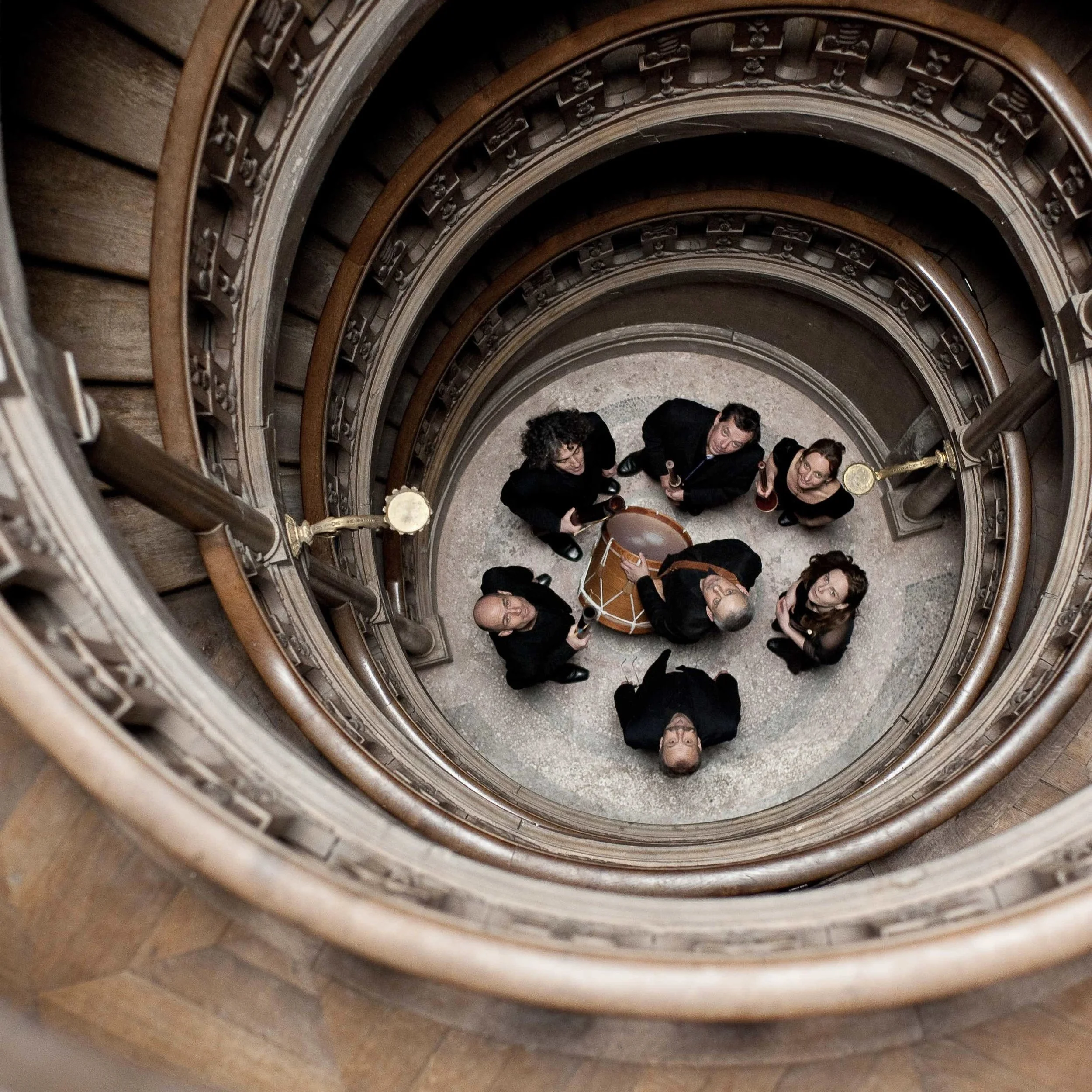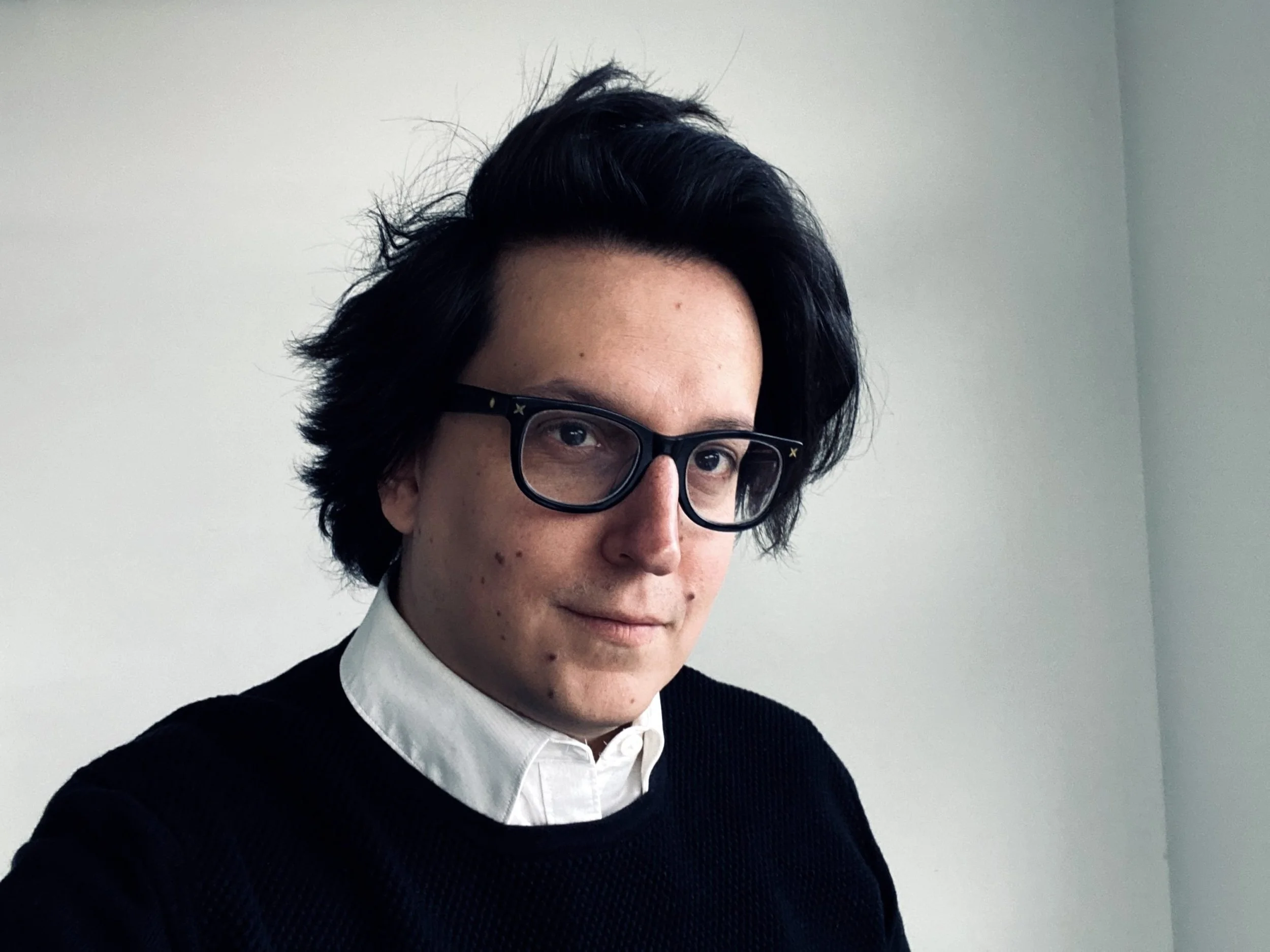Early Music Vancouver head Suzie LeBlanc brings new outlook to centuries-old art form
Star soprano reflects on her New Brunswick upbringing, and looks forward to outdoor concerts, unearthing female composers, and building a more inclusive organization
Early Music Vancouver presents Vivaldi & Bach: The Trio Sonata in the 18th Century as part of its Digital Concert Hall on January 13, 7:30 pm
A LONG AND VARIED musical road has led soprano Suzie Leblanc to make history as Early Music Vancouver’s first female artistic and executive director in 50 years.
It’s had stops in some of the most exquisite concert halls in Europe and the thriving baroque music scene of Montreal, and it’s brought such notable awards as a Grammy (for Jean-Baptise Lully’s 17th-century Thésée) and an Order of Canada.
The journey has also given LeBlanc a set of skills and interests that make her uniquely positioned to steer the longtime early-music group through the pandemic and into new ground.
But to start from the beginning, LeBlanc traces her love of music to her early childhood, during her upbringing in a musical Acadian family in Edmunston, New Brunswick. Her three sisters played piano, and her mother, soprano Marie-Germaine LeBlanc, had been an opera singer.
“I remember at five years old one of my favourite things to do was to lie under the piano and listen to my sister play, watching her feet on the pedals,” LeBlanc tells Stir after her busy first week at EMV.
Still, opera wasn’t on rotation on the house record player as often as you might expect. “I think because my mother had had to stop her career early on to have a family, it was difficult for her to listen to opera,” LeBlanc reflects. “It was almost too painful.”
It would be years before LeBlanc had her first exposure to early music, at 16, in Montreal. Something about the century-old songs spoke directly to her soul.
“It was love at first hearing,” she says. “I went to a concert of sacred Monteverdi and I felt like I’d died and gone to heaven. I wouldn’t stop talking about it. There was an almost visceral connection—to the harmony and the way the voices worked together.”
She was hooked, her love of the art form solidified when her sister bought a Virginal, the oldest member of the harpsichord family. Delighted when she practised on it and drawn to the repertoire, LeBlanc pursued the harpsichord at the postsecondary level in Montreal, at CEGEP St-Laurent. The way she describes it, the teacher took her on as a sort of experiment because Leblanc lacked formal piano training. And that had a round-about way of leading her not only to singing, but to Vancouver and beyond.
Because she wasn’t advanced enough to play full pieces yet, she sang to acquire her ensemble credits.
LeBlanc’s refined, crystalline soprano voice led her to join the early-music women’s trio Musica Secreta on a tour of Western Canada in 1984. The ensemble appeared at Early Music Vancouver, and during that visit LeBlanc, still a student, was offered a professional spot in lutenist Ray Nurse’s New World Consort ensemble—effectively kicking off her career here.
A few years later, that led to voice studies in Europe and work with Britain’s acclaimed The Consort of Musicke. Her journeys in the world of Baroque continued, on opera stages and in ensembles including Tragicomedia, Concerto Palatino, Fretwork, and The Purcell Quartet.
Back in Montreal, in 2005 she founded the ensemble Le Nouvel Opéra—alongside Alexander Weimann, with whom she’ll collaborate here again, as he leads longtime EMV ensemble Pacific Baroque Orchestra. She’s also made a name for devoting herself to researching and recording unpublished material, including old Acadian music.
LeBlanc’s ties to EMV have run deep over the years, and she’s become a favourite performer in its concerts. And now here she is, replacing Matthew White as artistic and executive director, White having left to become CEO at the Victoria Symphony on October 1.
Vancouver is a different scene than Montreal, where many early-music groups vie for attention. But that has its advantages, LeBlanc points out. “The beauty is the opportunity to create things here,” she explains. “When there’s so much going on, it’s hard to find the space, and here it’s easy to find the space and to grow things.”
LeBlanc will oversee a digital program that kicks off its second half January 13 with Vivaldi & Bach: The Trio Sonata in the 18th century, featuring Jeanne Lamon and Marc Destrubé on violins. Highlights LeBlanc looks forward to include New Music for Old Instruments with the Sonic Boom Festival on March 24, piano master Angela Hewitt taking on Bach and Couperin on May 5, and an appearance by recorder virtuoso Vincent Lauzer, playing music from Handel with the PBO on June 2.
LeBlanc is hopeful the beloved Vancouver Bach Festival will be able to happen here by late summer. “There are opportunities to do things outdoors here,” she says. “A lot of the music programs from the 17th century were done outdoors….There are new ways of bringing it to the people, and fun ways of using the waterfront. In Naples in the 17th century, they performed on the water and the audience watched from the shore. So there are ways to take it out of the concert hall.”
LeBlanc has a passion for uncovering underappreciated or unknown early music by female composers, a pursuit she’ll bring to her new role at EMV.
”In the past five or six years, more and more music is coming out that is known to have been composed by women, or thought to be. A lot of nuns wrote in cloistered environments, but they were very humble and wouldn't sign it,” she comments. “I’m interested in women who changed things culturally or societally, poets and others.
“I want to bring them out in the open because they’ve been in the shadow for so long, and in the shadow of more popular names.”
More recently, she’s been inspired to welcome more Indigenous artists into the fold of early music—a goal inspired by her work teaching a Metis-Cree student. “There was a lot of folk music traded between Indigenous communities and other communities, through Quebec and elsewhere, and there is some really interesting research being done in that,” she says, adding: “I have to learn a lot more about Indigenous communities here and I'm dying to find ways to create links between what we do at EMV and the Indigenous communities here.”
Suzie LeBlanc appears with Ensemble Constantinople in a May 19 concert via EMV’s digital concert series.
The pandemic, though it poses huge challenges, also gives an opportunity to reflect on the organization and how it can be more inclusive, a discussion that is taking place in the larger arts community here and across the world.
“It gives us the time to rethink who we are in the community and who we have been in the community,” she says. “I also have the chance to learn about the organization but also to shift how we do things.”
The new future will most likely include online recitals, she suggests. “Even though we will go back to live performances, it doesn't mean we will stop doing digital shows,” she says, adding they draw a worldwide audience.
And what about performing, the singing that has taken LeBlanc from Vancouver to the world and back again? Her hands are full these days and she admits she will have to dial back her concert appearances. But as luck would have it, she was already scheduled for an EMV digital concert that airs May 19 with Montreal’s Ensemble Constantinople. Her repertoire in the show called Metamorfosi includes songs by Renaissance Venetian madrigalist Barbara Strozzi, and it weaves in a culture-crossing Ottoman and Persian gems from the same era.
Consider it the first of many female composers you’ll see during her leadership, and a sign of new directions to come.















